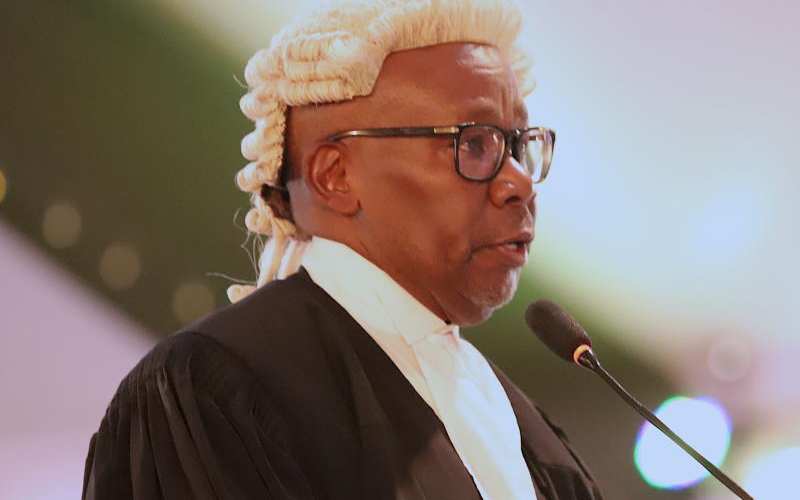×
The Standard e-Paper
Fearless, Trusted News

Former Attorney General Githu Muigai gives his submissions during the second day of hearing of BBI at the Appellate's court on June 30, 2021. [Denish Ochieng, Standard]
The Supreme Court will ponder on four points raised by Attorney General Kihara Kariuki and Independent Electoral and Boundaries Commission (IEBC) to determine whether reggae should continue or not.